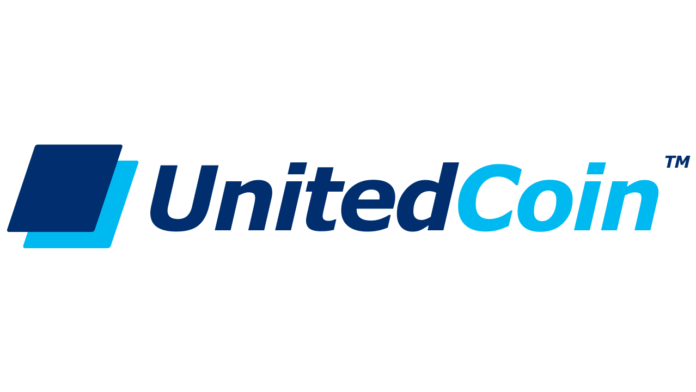In the bustling financial landscape of Dubai, where innovation meets tradition, the cryptocurrency market has found fertile ground for growth. Among the various digital assets gaining prominence, Tether (USDT) has emerged as a stable and reliable option for investors and traders. However, as with any financial endeavor, navigating the regulatory waters is paramount to ensure compliance and safety. In this article, we delve into the intricacies of sell Tether in Dubai and offer guidance on navigating the regulatory landscape safely.
Understanding Regulatory Framework in Dubai
Dubai, known for its progressive approach to business and finance, has adopted a proactive stance towards regulating the cryptocurrency market. The Dubai Financial Services Authority (DFSA) oversees financial activities within the Dubai International Financial Centre (DIFC), providing a robust regulatory framework for crypto-related businesses. Additionally, the Securities and Commodities Authority (SCA) regulates and supervises securities and commodities markets in the UAE, including activities related to digital assets.
Compliance with Anti-Money Laundering (AML) and Know Your Customer (KYC) Regulations
To ensure transparency and integrity in the cryptocurrency market, sellers of Tether in Dubai must adhere to stringent AML and KYC regulations. This involves implementing robust due diligence procedures to verify the identity of customers and monitor transactions for suspicious activities. By maintaining comprehensive AML and KYC protocols, sellers can mitigate the risk of illicit activities and demonstrate their commitment to regulatory compliance.
Licensing and Registration Requirements
In Dubai, operating a cryptocurrency business requires proper licensing and registration with the relevant regulatory authorities. Depending on the nature of the business, sellers may need to obtain licenses from the DFSA or other regulatory bodies to legally operate within the jurisdiction. By obtaining the necessary licenses and registrations, sellers can ensure legal compliance and build trust with customers and investors.
Engagement with Regulatory Authorities
Building constructive relationships with regulatory authorities is essential for sellers looking to navigate the regulatory landscape safely. By actively engaging with regulators, participating in industry forums, and staying informed about regulatory developments, sellers can gain valuable insights into compliance requirements and industry best practices. Additionally, collaborating with regulators can help foster a regulatory environment conducive to innovation and responsible growth in the cryptocurrency market.
Best Practices for Selling Tether Safely in Dubai
In addition to regulatory compliance, sellers of Tether in Dubai should adhere to best practices to ensure the safety and security of their operations. Some key practices include:
- Secure Storage: Implementing robust security measures to safeguard Tether holdings against unauthorized access and cyber threats.
- Transparent Operations: Maintaining transparency in operations, including disclosing fees, terms of service, and risk factors to customers.
- Customer Education: Educating customers about the risks and benefits of Tether, as well as providing guidance on best practices for secure storage and trading.
- Continuous Monitoring: Regularly monitoring market conditions, regulatory developments, and technological advancements to adapt strategies accordingly.
Conclusion
Selling Tether in Dubai presents lucrative opportunities for investors and traders, but navigating the regulatory waters is essential to ensure compliance and safety. By understanding the regulatory framework, adhering to compliance requirements, and implementing best practices, sellers can navigate the regulatory landscape safely and contribute to the growth and sustainability of the cryptocurrency market in Dubai.



